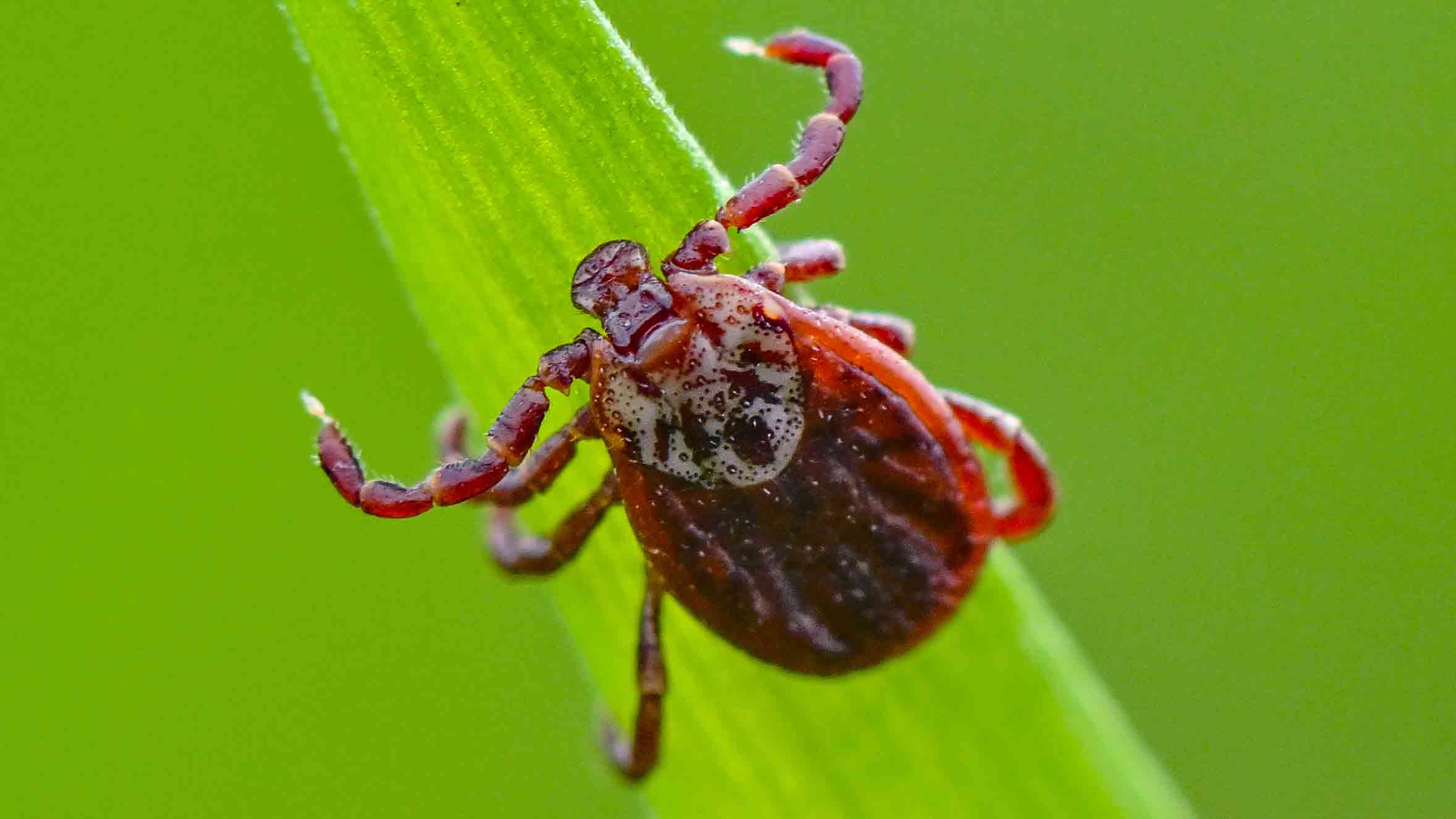The southeastern United States is experiencing leprosy cases in numbers that may be "endemic," a research letter recently published by the Centers for Disease Control and Prevention says.
When an infection is endemic in a certain region, it means that it's constantly present at a steady and predictable level.
Florida is at the forefront of the outbreak, with nearly one-fifth of leprosy cases in the US originating from the state, the CDC says.
Central Florida accounted for 81% of cases within the state, the research letter said.
Get top local stories in Connecticut delivered to you every morning. Sign up for NBC Connecticut's News Headlines newsletter.
Leprosy, also known as Hansen's disease, is an ancient disease that can cause damage to the skin and nervous system.
The disease is caused by a bacteria called Mycobacterium leprae, which can attack the nerves, causing a loss of sensation in the affected areas.
When left untreated, leprosy can also cause blindness, ulcers, disfigurements, and more.
The disease dates back to 600 B.C. and was considered devastating for many years. Isolation treatments on remote islands off the coasts of Hawaii, Louisiana and Massachusetts were used to treat those who suffered from leprosy, and to limit exposure to others.
With the advancement of modern medicine came a cure for leprosy, and the disease is now treatable by antibiotics.
Early diagnosis is key, though, as antibiotics cannot reverse nerve damage.
Leprosy in the US is most common (80-90%) among immigrants, especially from Mexico, the Florida Department of Health says.
Infection is rare as 95% of people around the world are naturally immune to leprosy. However, as many as 2 million people are permanently disabled as a result of the disease, the CDC says.
The disease is spread by prolonged contact with someone who is infected, but experts have also placed the blame on armadillos.
The barrel-shaped mammals are found frequently across Florida - and they're also the only animal in the world known to spread leprosy, the CDC says.
It's not known exactly how leprosy spreads between people, but the best way to avoid the infection is to avoid prolonged contact with an infected person - or an armadillo.




